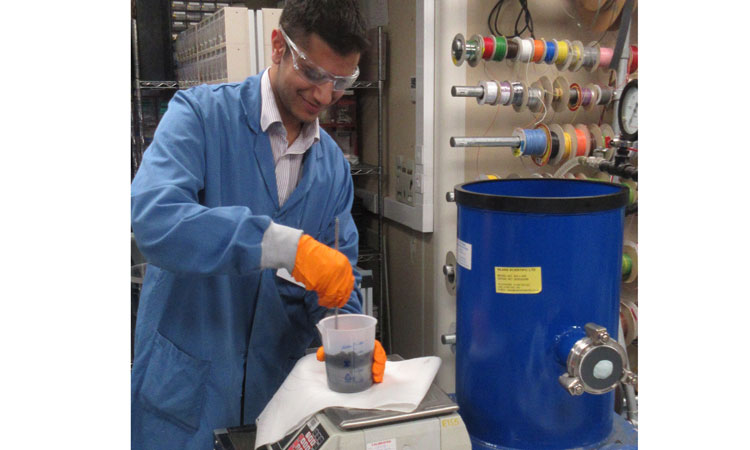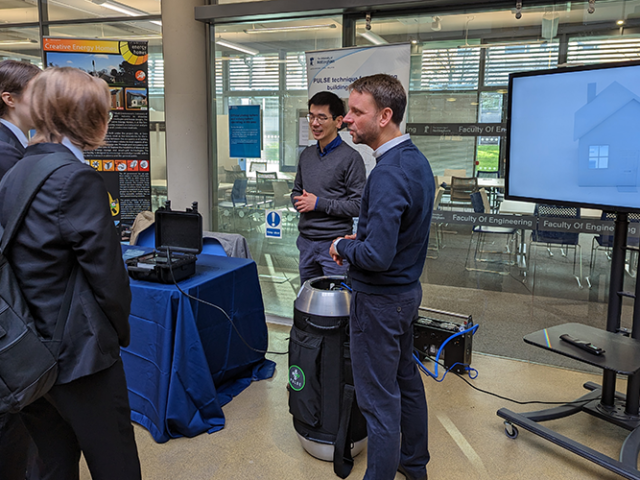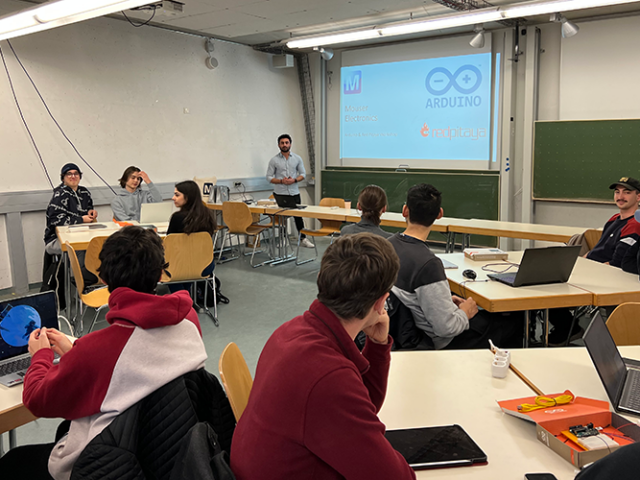TDK has announced that TDK-Lambda UK’s involvement with the Year in Industry (YINI) scheme is proving a success for the company. YINI schemes coordinate paid career development work placements for students completing A-levels/Scottish Highers/equivalent qualifications or as part of a university sandwich year.
Nathan Singh, studying Mechanical Engineering at the University of Bath, will complete his YINI programme with TDK‑Lambda this August, having approached the company directly last year for a placement.
Phil Scotcher, General Manager of TDK-Lambda UK, believes that: “Transferring the company’s knowledge, experience and ideas to the youth of today will ensure a bright, successful and prosperous future for both”.
Having started the scheme with TDK-Lambda in June of last year, Nathan has worked closely with the Toolroom team. During his placement he looked into how Additive Manufacturing (AM) can benefit the company’s manufacturing process.
He has been involved with identifying company requirements, liaising with external companies to gain information, organising visits and arranging 3D printed sample parts to be produced. Investigation and testing of these parts is a key function of his role, as well as reporting on outcomes of his findings.
“I am now knowledgeable of the processes involved in manufacturing from design, prototyping, testing to implementation,” said Singh. “Been given actual responsibility for a project is very rewarding; I hope that some of the projects I’ve been involved with will benefit the company.”
YINI schemes provide students with insight into how industry works, giving them the opportunity to see how theories taught in lectures are applied in practice. This gives them an appreciation into how projects are taken from initial concept through to production.
For Nathan this gave him an understanding of how the Design-for-Manufacture concept is used to develop new products, as well as helping him learn skills that will benefit future University projects especially within design modules.




